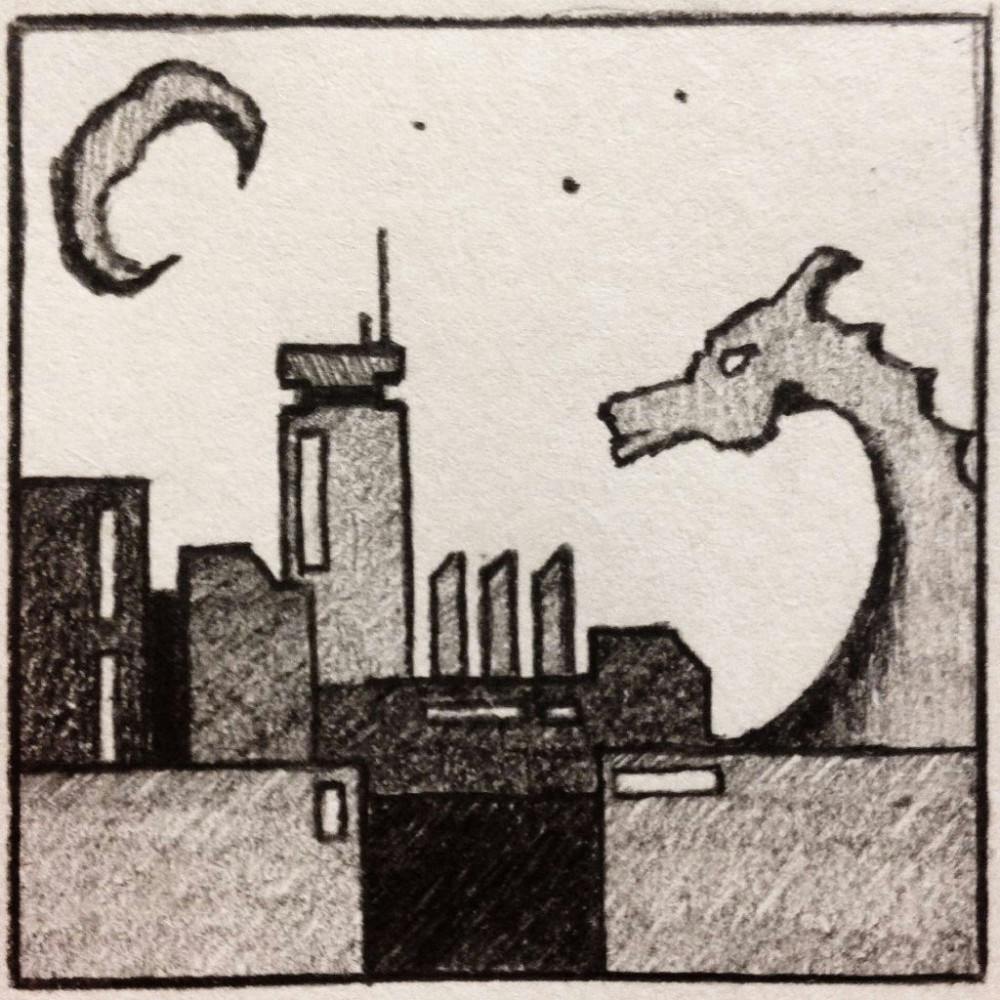Dwight Watkins, a Baltimore native and Johns Hopkins graduate, spoke to students and faculty earlier this school year at the Milton S. Eisenhower Symposium. Watkins lectured about growing up in the east side of Baltimore, or “the beast side” as he calls it, a community dealing with gun violence, drug dealing, racial profiling and the “endangered species of black men,” a phrase Watkins has coined to describe the current state of race relations in the United States. His first book, The Beast Side, chronicles his life on his side of the “two Baltimores.” Watkins uses this distinction to distinguish between the gentrified shops of North Baltimore, which are patronized by a majority-white and prosperous upper class, and the authentic marble steps of East Baltimore, which are populated by “30-year-old pregnant grandmas and dudes in Nikes waving automatic weapons.”
Some may call Watkins an entrepreneur, an activist or even the speaker for a marginalized generation, but he believes that he is just a helping hand and an example of the possible escape from the almost inextricable cycle of poverty that plagues East Baltimore — a trap to which he could have fallen victim if he had not been rescued by a combination of things, but especially books. Watkins writes in Beast Side, “Reading has given me the ability to channel that anger into strategic, solution-based thinking, the kind of thinking that will be key in fixing our cities.”
Watkins contemplates society’s established norms with regard to how it treats women, premature death and even healthy eating. Referring to Tupac Shakur and local sages of wisdom in his community, Watkins’ work is refreshing and young but meditative and introspective at the same time, all written with the occasional burst of dry wit that relieves some of the heavy subject matter of his stories.
Watkins spreads his fight for literacy and equality in Baltimore by publishing his story and inspiring others to do the same. With his growing sphere of influence, Watkins writes with hope, “I want to encourage more young and poor minorities to write and raise as much awareness as possible about the ills we all face.” By penning an under-heard narrative in such poignant language, he has illuminated the plight of Baltimore and brought positive attention to the city, a grand feat after the negative news media sources broadcasted during the riots this past spring in response to the death of Freddie Gray. In addition to highlighting the individual struggles of Baltimore, Watkins has used his platform to bring to light the issues of police brutality, racial profiling and discrimination that threaten today’s African Americans across the country. He warns of the desensitization that America as a country has begun to feel toward the prevalence of deaths of African Americans at the hands of law enforcement and points to the greater and sobering statement that black men are an endangered species.
Watkins’ work has been met with immense support and intense admiration from readers, journalists and publishers, nation-wide. His work has been published in The New York Times, Salon, NPR, The Rolling Stone, The Guardian and more. Watkins was also named Baltimore Magazine’s Best Writer of 2015 and was named one of Baltimore Business Journal’s top “40 Under 40” to watch, showing not only his role as a writer and activist, but also his ability to make an unprecedented living out of his passion and experience. The wonder of Watkins’ stems from his ability to react to his circumstances in a way that is uncharacteristic and difficult with regard to his upbringing. Surrounded by violence and drugs, he abandoned this trade to help himself and in turn helps others, all while being able to do well financially, in addition to working some other odd jobs as a freelance writer or photographer.
When I had the opportunity to get my copy of The Beast Side signed by Watkins, he smiled and said, “I’m really just all about the love, which a lot of people don’t get.” It was an ambiguous statement, but perfectly captured the heart and passion he pours into his work and activism.
Hayley Dott is a sophomore Writing Seminars major from Baltimore.

















